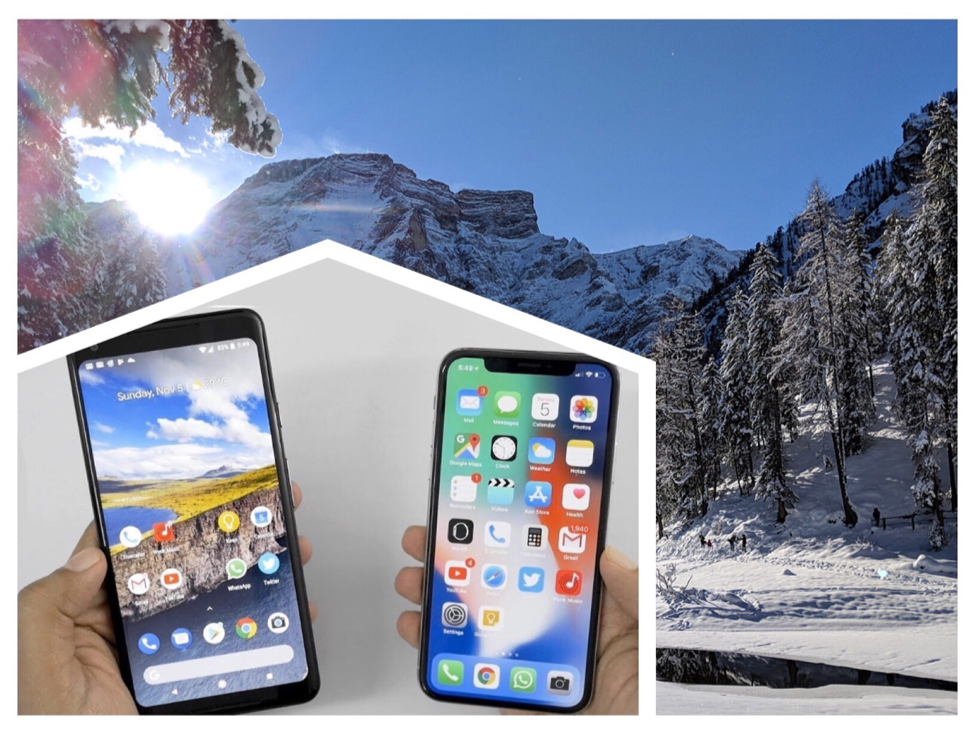Now, even Apple has finally relented to the pressure and has jumped on the computational bandwagon. Apple isn’t as bad as Samsung or Google, but it seems that they are also doing some minor tweaks.
I’ll readily admit that most people seem to like this AI photorealistic painting. But I hate it. I’ll give you one practical reason why.
I recently purchased a Series 4 Apple Watch. So I decided to sell my Series 3 Apple Watch on eBay. It was in great condition and to the naked eye looked darn near perfect. Those stainless steel watches look so amazing after a good metal polish, one reason why I always buy the stainless steel version.
But a funny thing happened to the photographs I took with my iPhone XS. Very small imperfections in the metal seemed worse in the photographs. Barely noticeable scuffs to the naked eye appeared as deeper scratches in photos. I tried different lighting but to no avail. It finally dawned on me that the image processing was doing something to increase contrast and sharpness. I’m not a photographer so I’m not even sure what the correct terminology is. I just know that any defect on my watch—dust or scuffs—looked way worse in my photograph than they actually were.
In an instant, I joined the natural photography camp. I want my photographs to be crisp and sharp. But I also want them to convey the scene as it really was. If that tomato wasn’t fully ripe yet, don’t make it look deep red. Or if I’m going to list something on eBay, don’t make it look worse than it really is.
There was a day and age before modern technology when, if you wanted a picture of someone, you commissioned an artist. The invention of the camera was seen as an advancement. For decades camera makers strove to improve all aspects of the photo so that image quality improved and accurately represented what was seen. Now it seems like the tech companies are ruining all of this progress in the span of a few years. It’s like we’re going back to the age of hiring artists who could make our nose slightly smaller and our cheeks a little rosier.
If Samsung, Google, or Apple want to continue going down the road of injecting a little bit of processing magic to wow the photographer, fine. But don’t use the term “photography”, because this is closer to photorealistic painting. And it can go terribly wrong.



 RSS Feed
RSS Feed